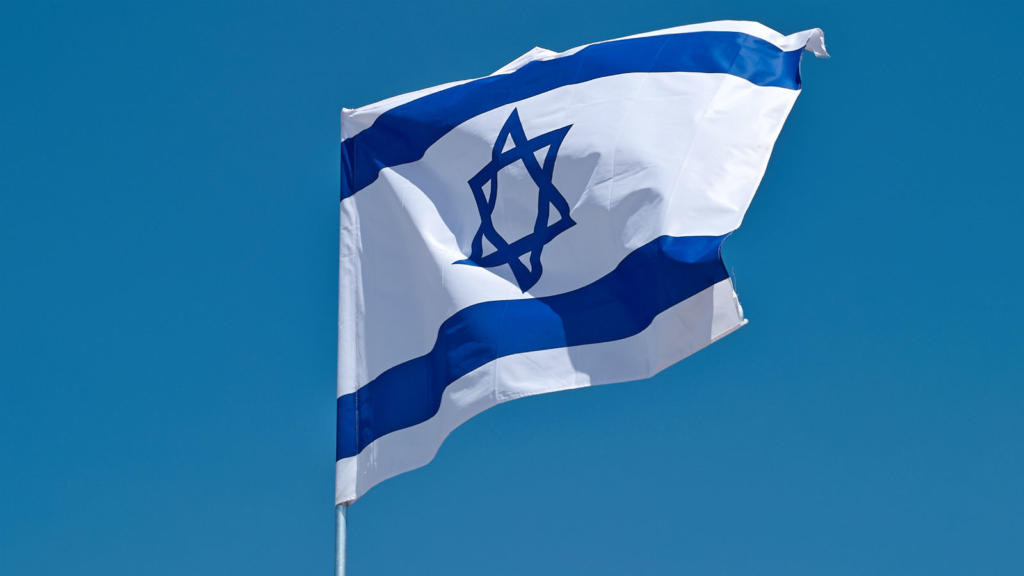Israel issued a stern warning on Wednesday, vowing retaliation after Iran launched a barrage of missiles targeting Israeli territory. In response, Tehran cautioned that it would strike “all infrastructure” within Israel if further attacks were made.
Following the missile assault, which took place late Tuesday, Israeli officials declared that Iran would “pay” for the aggression, most of which was thwarted by Israeli air defenses. Israel further promised a swift and powerful military response across the Middle East.
President Joe Biden expressed unwavering support for Israel in the wake of the attack and stated that he would be coordinating closely with Israeli Prime Minister Benjamin Netanyahu to discuss potential actions. When asked by reporters about the nature of the response to Iran, Biden confirmed that discussions were ongoing.
Air raid sirens echoed across Israel as Iran launched the missiles, though most were intercepted by Israeli defense systems or by allied forces. Iranian state media reported that 200 missiles, including hypersonic weapons, had been fired, targeting military bases around Tel Aviv and other locations. The Revolutionary Guards claimed that the assault was in retaliation for Israel’s recent assassination of Hezbollah leader Hassan Nasrallah and the death of Hamas leader Ismail Haniyeh, who was killed in a Tehran bombing, an attack widely attributed to Israel.
Iranian Foreign Minister Abbas Araghchi posted on social media, signaling that Iran’s military action had concluded unless further provoked by Israeli forces.
Israeli medics reported two minor injuries caused by shrapnel. Meanwhile, in the occupied West Bank, a Palestinian man was killed in Jericho after being struck by debris from a falling rocket, according to the city’s governor, Hussein Hamayel.
This marks Iran’s second direct attack on Israel, the first being in April when missiles and drones were launched in retaliation for an Israeli airstrike on Iran’s consulate in Damascus.




